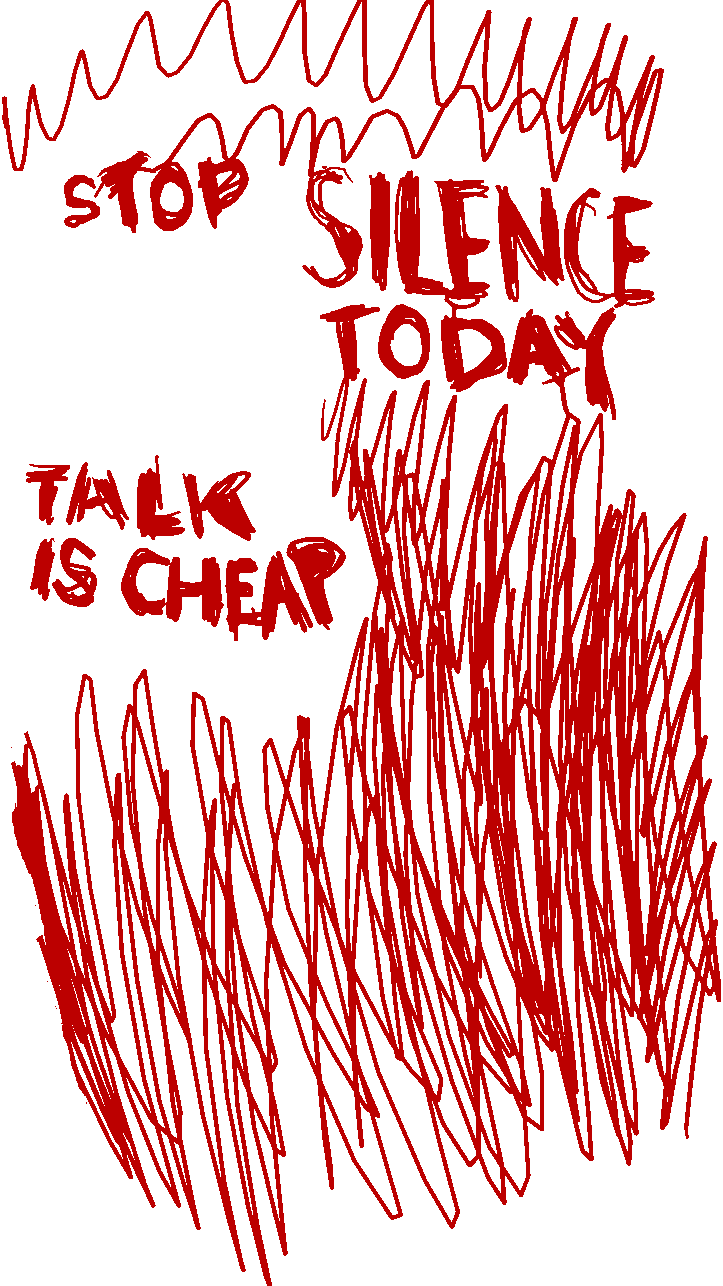The International Criminal Court, which operates independently, is located in The Hague, Netherlands, and was created by a treaty called the Rome Statute first brought before the United Nations.
Most countries on Earth – 123 of them – are parties to the treaty, but there are some notable exceptions, including Russia, as well as the US, Ukraine and China.
The ICC is meant to be a court of “last resort” and is not supposed to replace a country’s justice system. The court, which has 18 judges serving nine-year terms, tries four types of crimes: genocide, crimes against humanity, crimes of aggression and war crimes.
Putin arrest warrant: The ICC on Friday issued an arrest warrant for Russian President Vladimir Putin and the Russian commissioner for children’s rights, Maria Lvova-Belova, for an alleged scheme to deport Ukrainian children to Russia.
The court said there “are reasonable grounds to believe that Mr Putin bears individual criminal responsibility” for the alleged crimes, for having committed them directly alongside others, and for “his failure to exercise control properly over civilian and military subordinates who committed the acts.”
Reports of Ukrainian children in Russia: The Ukrainian government says many missing children have been forcibly taken to Russia. The Russian government doesn’t deny taking Ukrainian children and has made their adoption by Russian families a centerpiece of propaganda.
Some of the children have ended up thousands of miles and several time zones away from Ukraine. According to Lvova-Belova’s office, Ukrainian kids have been sent to live in institutions and with foster families in 19 different Russian regions, including Novosibirsk, Omsk and Tyumen regions in Siberia and Murmansk in the Arctic.
In April 2022, the office of Lvova-Belova said that around 600 children from Ukraine had been placed in orphanages in Kursk and Nizhny Novgorod before being sent to live with families in the Moscow region. As of mid-October, 800 children from Ukraine’s eastern Donbas area were living in the Moscow region, many with families, according to the Moscow regional governor.
UN report on alleged war crimes: The UN on Thursday said in a report that war crimes perpetrated by Russia included “attacks on civilians and energy-related infrastructure, wilful killings, unlawful confinement, torture, rape and other sexual violence, as well as unlawful transfers and deportations of children.”
So, will Putin actually be arrested?: Probably not.
Anyone accused of a crime in the jurisdiction of the court, which includes countries that are members of the ICC, can be tried. The court tries people, not countries, and focuses on those who hold the most responsibility: leaders and officials. While Ukraine is not a member of the court, it has previously accepted its jurisdiction.
The ICC does not conduct trials in absentia, so Putin would either have to be handed over by Russia or arrested outside of Russia. That seems unlikely.
CNN’s editorial research department contributed to this post.























